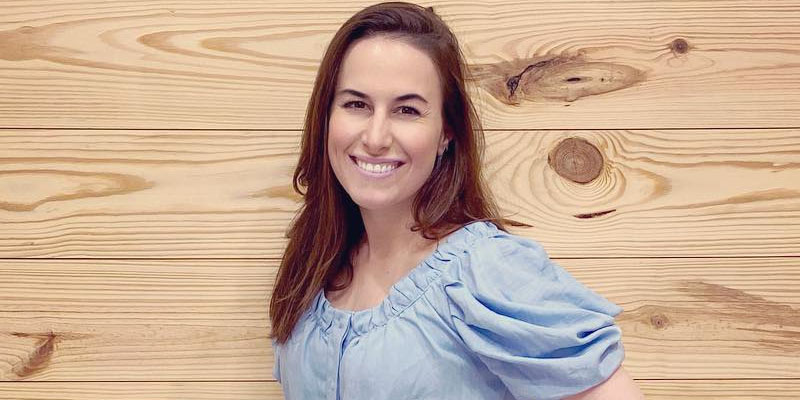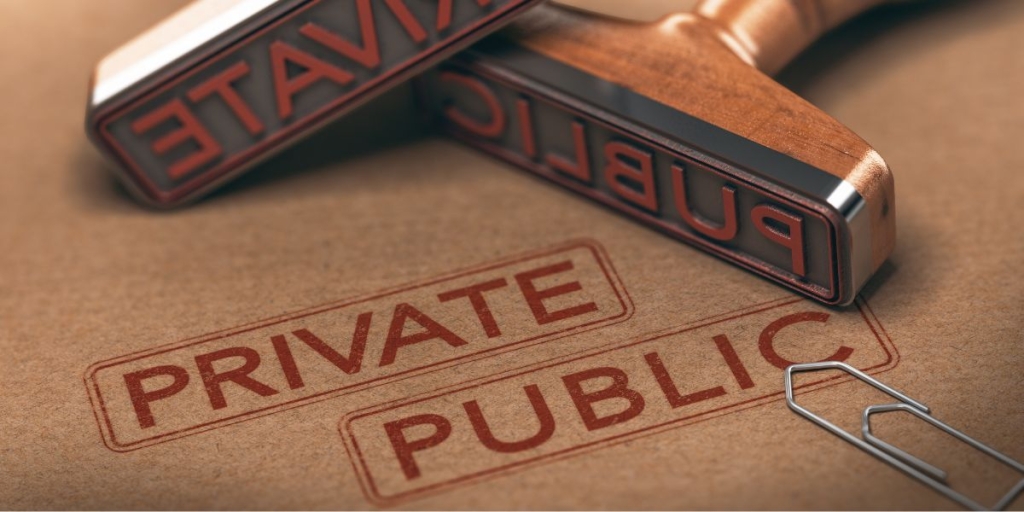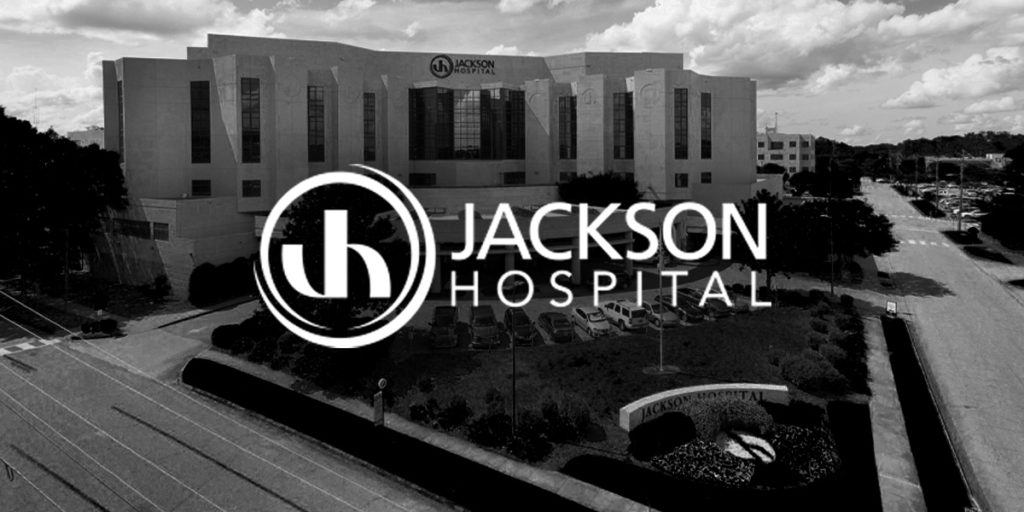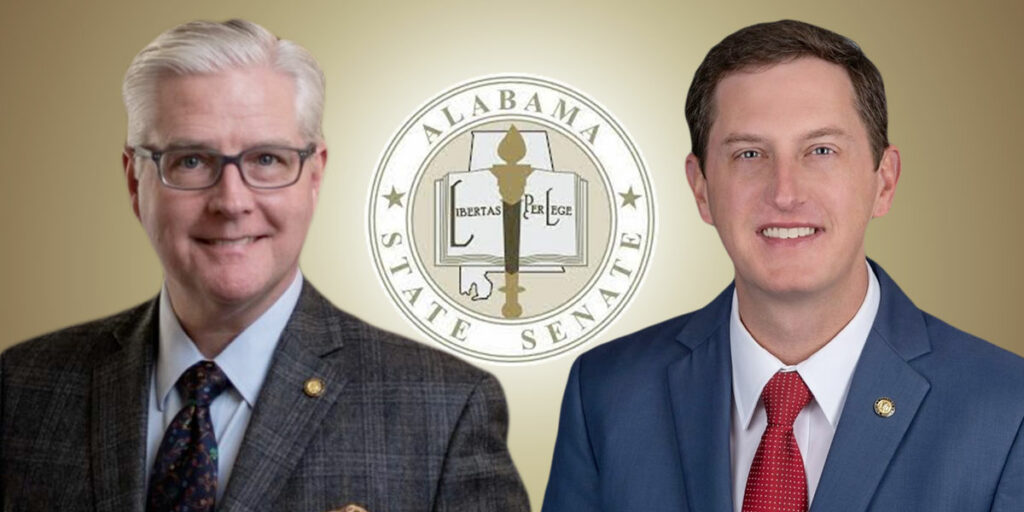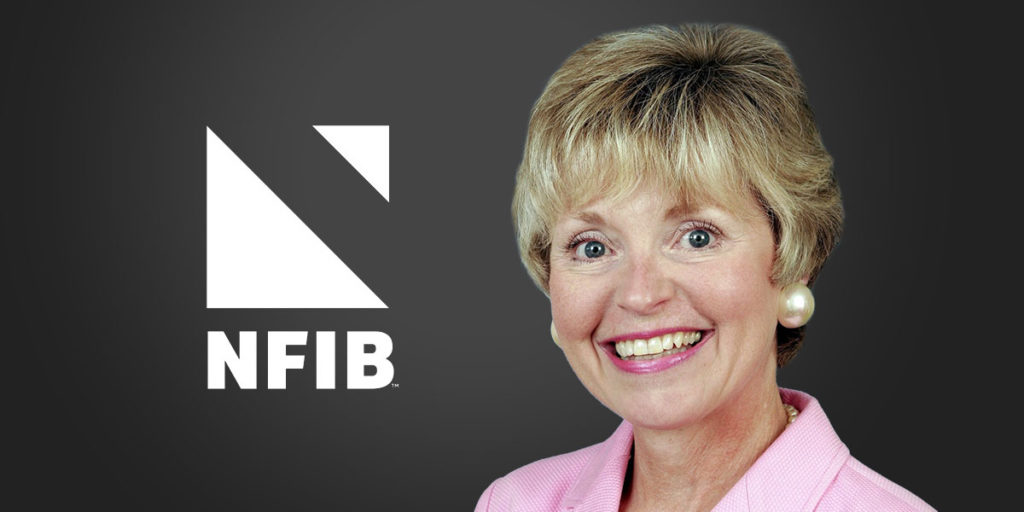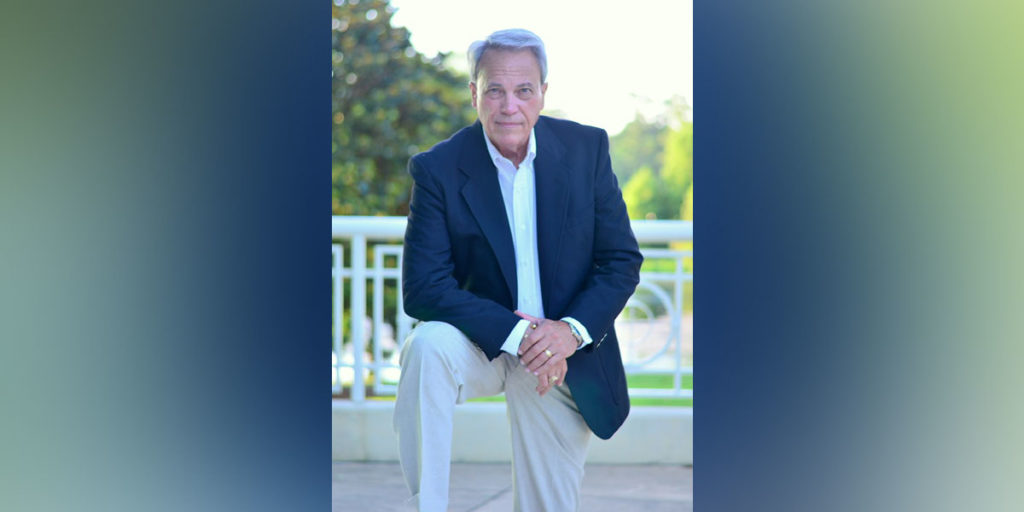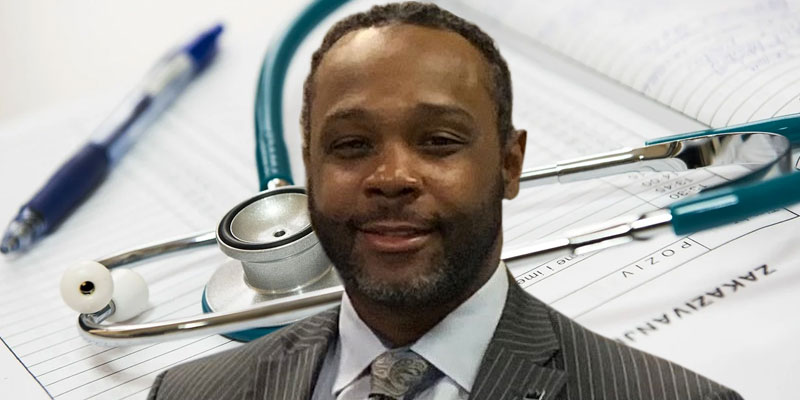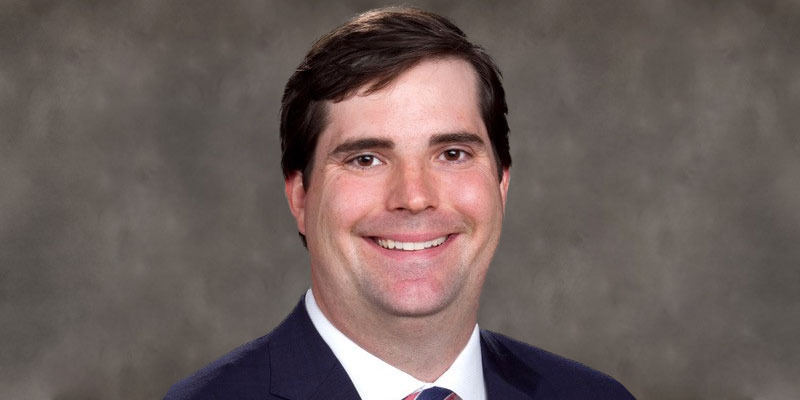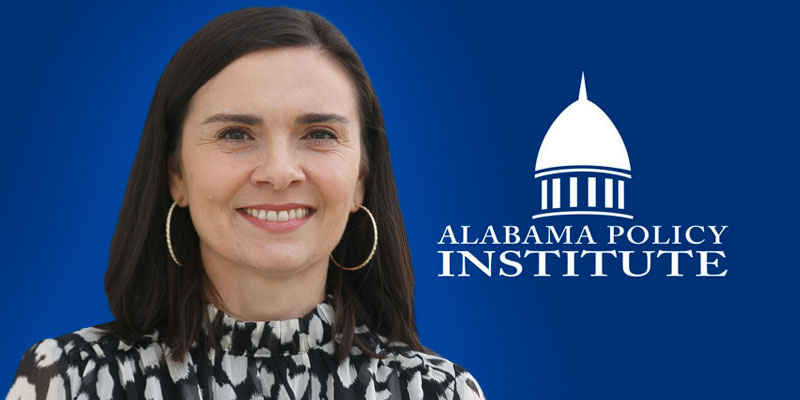I think almost every American has dreamed of what it could mean to become a small business owner. For me, opening a small business was an act of freedom, and an exercise of control over my life. I had a good job as a lawyer and was on the path to a successful career when I saw an opportunity in the market to open a Brazilian wax studio in Huntsville. I took a risk and put everything on the line when I opened Cabana Wax in 2018. In January, I began the process to open my second store in Madison. I am living the American dream and am so thankful.
Like every small business owner that I know, I care about my clients, and I care about my staff. This year, I was able to offer health insurance, almost unheard of in Alabama’s salon and spa industry. By mid-March, our team had voluntarily implemented strict safety rules to protect everyone against the coronavirus. We confirmed all clients and their families were symptom-free before agreeing to see them. Clients had to remain in their cars until their appointment times, at which point they could enter and receive hand sanitizer from the receptionist, who would confirm appropriate answers to our screening questions. No more than three clients were allowed in the studio, all in separate rooms, at any time. Our staff constantly cleaned all contacted surfaces with medical-grade disinfectant spray.
Despite these measures, I voluntarily closed my business beginning March 19 for two weeks in order to do my part to help “flatten the curve.” Although my staff was stressed, they agreed with the decision, and I told them to split all the cash in the register at the end of the last day they worked. I had no idea that this would be the last day they would work for at least two months. At the end of March, Governor Ivey announced a mandatory closure of all “non-essential” businesses, specifically including wax studios. After considerable pressure from liberals like Senator Doug Jones, that order was expanded on April 3, essentially ordering Alabamians to shelter-in-place at home.
I was willing to continue going along at first. Surely, I thought a state that believes in limited government like Alabama would protect my right to earn a living. Like many small business owners, I was thrilled that President Trump gave us some specific metrics to a phased reopening of the country with the Opening Up America Again plan. I thought Alabama was a perfect candidate to begin to safely reopen at the expiration of the Governor’s order on May 1. After all, we hit all the marks President Trump outlined. Our curve was flattening, our hospitals had no trouble treating patients, and our testing capacity for at-risk healthcare workers was in place.
It seems that Governor Ivey agreed. She reopened Alabama’s small retail stores, she reopened our beaches, and she reopened our dentist offices. She even allowed tanning salons to operate. Only, she did not follow all of President Trump’s guidance. She continued to keep the state’s tested, licensed, dues-paying cosmetologists, estheticians and barbers from performing services, even while wearing masks and gloves. My question was very simple: why?
After hearing Karen Landers from the Alabama Department of Public Health state that salons must be closed because they cannot service clients without being within six feet of them, I phoned the governor’s office to ask why dentists, who literally work at the very point of COVID-19 spread, were reopened for routine cleanings while salon professionals were told they could not work. Considering that dental hygienists, dental assistants and dentists were ranked this week as three of the top four most at high-risk occupations for COVID-19 while cosmetologists were ranked 39th, I figured it was a fair question. Unfortunately, it only took all of 90 seconds for me to be hung up on by the governor’s staff.
The truth is that I think we all know the answer to my question. The State feels like dentists can be trusted to follow strict social distancing guidelines, but the perceived “lower-class” of personal services — your barbers, stylists, waxers and salon workers — cannot be. Even though my business was essentially already meeting every requirement the governor has put on the dental industry before we closed, we are not given the opportunity to work under the same rules. There can be no good reason other than arbitrary and unfair discrimination.
Not only has my once-successful business had to take out a line of credit and an additional loan to make ends meet while we have no revenue, the extended closures have profoundly affected the professionals who work for me, who do not understand why the State does not trust them to operate in a medically-disinfected setting, with our 100 health score from the State’s own board. It appears the State only treats them like professionals when conducting unannounced visits on their workplaces and requiring them to pay dues for their licenses. Apparently, they aren’t professional enough to operate on the same playing field as the trusted class of professionals. I guess my question is really this: when is it going to be our turn to earn a living?
Alison Dennis is a small business owner in northern Alabama




